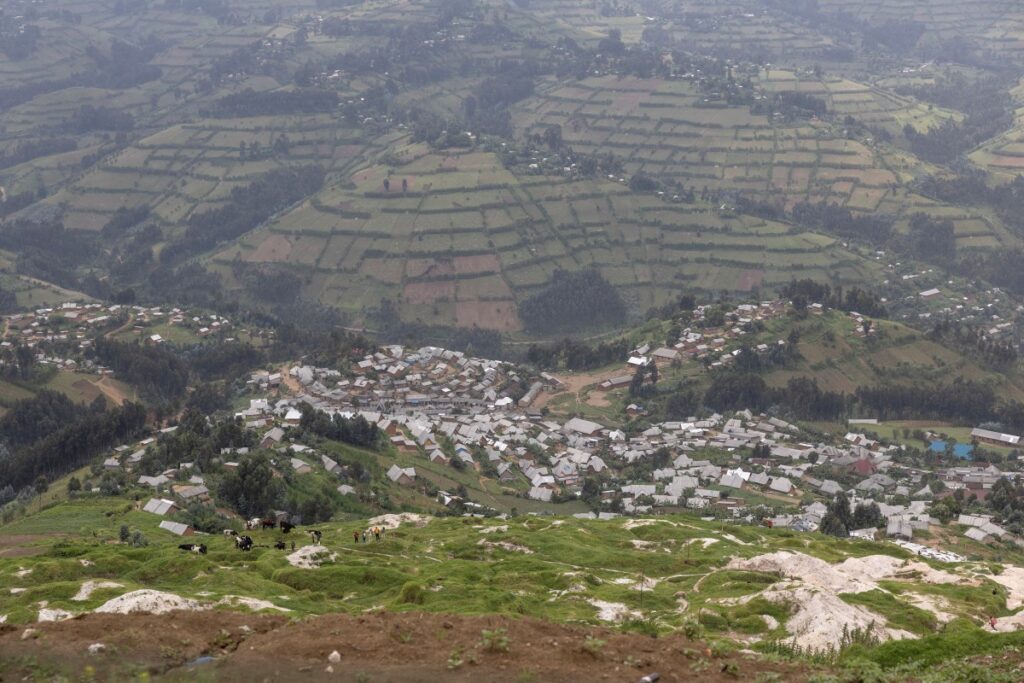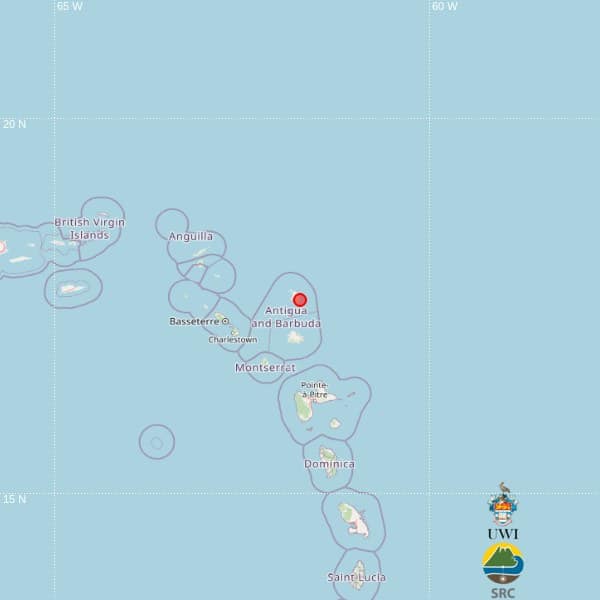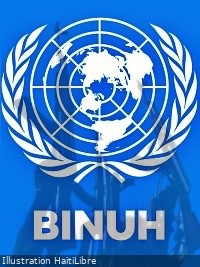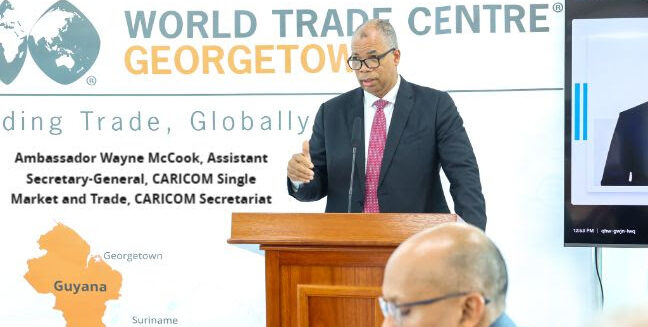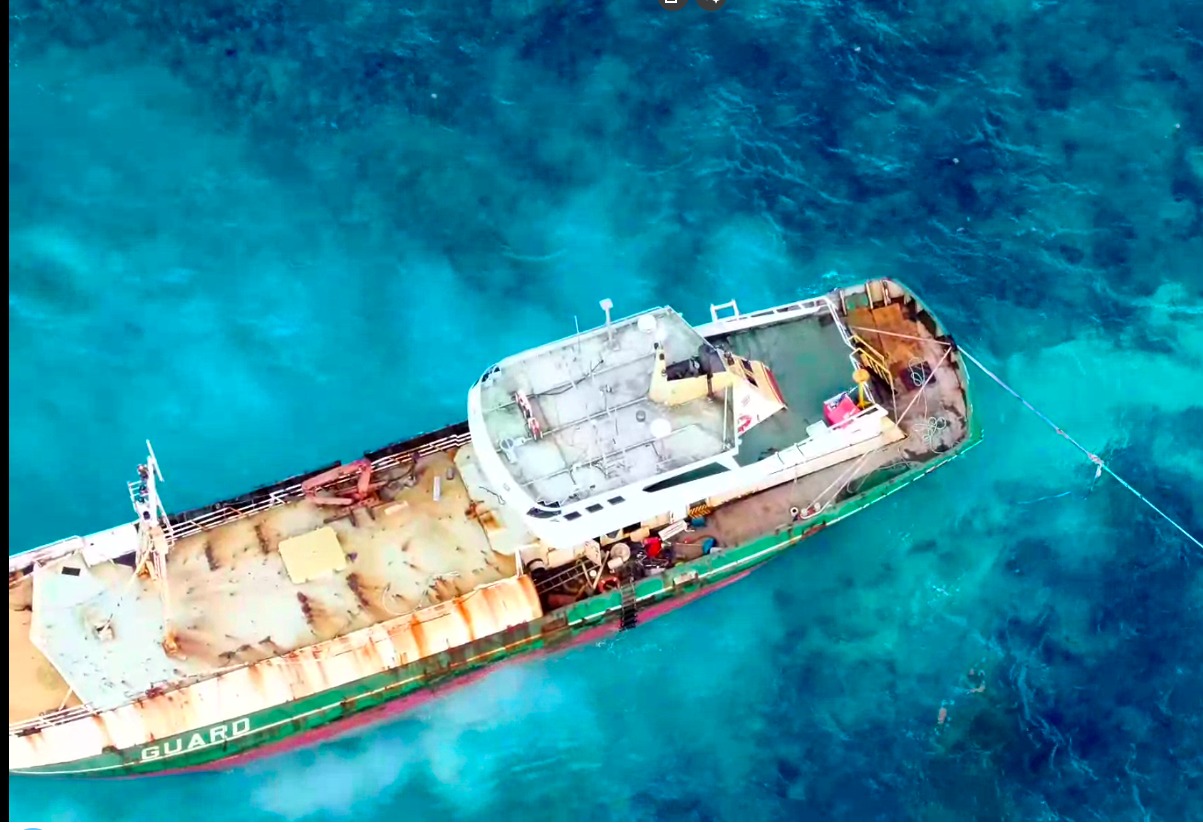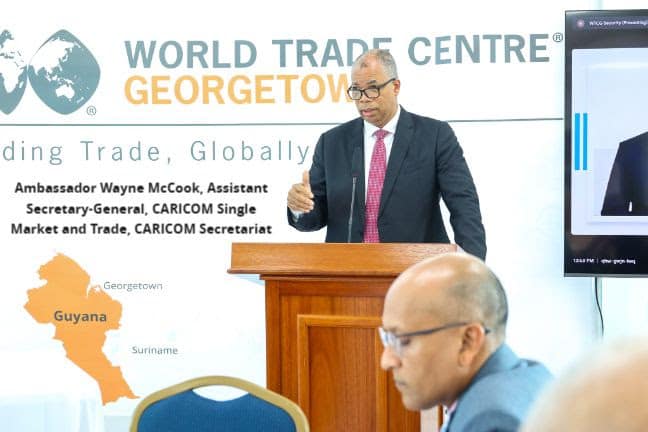A catastrophic landslide at a militia-controlled mining operation in the eastern Democratic Republic of Congo has resulted in what government officials fear could be at least 200 fatalities. The disaster struck the coltan-rich Rubaya mine in North Kivu province, an area under the control of the M23 rebel group since its April 2024 capture with alleged Rwandan support.
The communications ministry expressed profound dismay in an official statement, confirming that massive earth movements had buried artisanal miners working under perilous conditions. According to multiple accounts, the initial collapse occurred Wednesday afternoon, followed by a second substantial landslide on Thursday morning.
Eraston Bahati Musanga, the M23-appointed provincial governor who visited the site, corroborated the death toll estimate, noting that recovery efforts had yielded numerous bodies from the debris. The remote location and compromised communication infrastructure have severely hampered verification efforts, with information trickling in via motorcycle couriers across the region.
The Rubaya mine represents a crucial node in global electronics supply chains, producing 15-30% of the world’s coltan—a vital mineral component in mobile phones and laptops. Thousands of informal miners typically work the pits with minimal equipment, facing extreme safety risks daily.
Humanitarian sources report that injured survivors are receiving treatment at severely under-resourced local health centers. The tragedy occurs against a backdrop of three decades of persistent violence in eastern DRC, where mineral wealth has fueled prolonged conflict.
The Congolese government has accused Rwanda of using the M23 militia to systematically plunder national resources, noting that between 112-125 tons of coltan are extracted monthly and exclusively routed to Rwanda. UN experts estimate the rebel group generates approximately $800,000 monthly through a taxation system imposed on mineral production and sales.
Kinshasa has called upon the international community to recognize the scale of both the human tragedy and what it describes as organized looting enabled by armed occupation, despite an official ban on mining activities in Rubaya effective February 2025.
